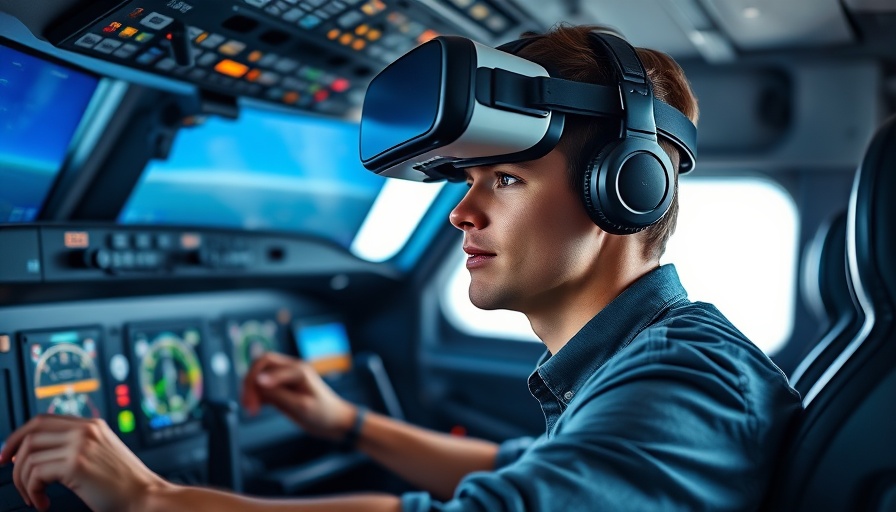
Germany Turns to Innovation: The Future of Hypersonic Spaceplanes
Germany's defense sector is taking a bold step into the future with its new contract awarded to the startup Polaris to develop a cutting-edge hypersonic spaceplane named Aurora. With ambitious expectations set for completion by 2028, this project could transform how both military and civilian aerospace applications are approached.
The Specs: What's New in Hypersonic Technology?
The Aurora is designed as a hybrid vehicle—part rocket, part plane—capable of launching payloads of up to one ton into low-Earth orbit. At 28 meters long, its two-stage structure promises a fully reusable design, enhancing both operational capability and cost efficiency. Such technology not only marks a significant innovation in aeronautics but also hints at potential applications from defense to commercial space travel.
Building on a Legacy: The Journey of Polaris
Founded in 2019 as a spinoff from the German Aerospace Center, Polaris aims to capitalize on decades of research into spaceplane technology. The startup has already achieved something remarkable: a successful flight using an aerospike engine, a type of engine that aims for improved efficiency at various altitudes. This recent achievement aligns seamlessly with the goals for the Aurora project and positions Polaris as a frontrunner in the race for hypersonic technology.
With the test vehicle series Mira I, II, and III behind them, which achieved notable successes in over 100 flights, Polaris aims to leverage these learnings to elevate the capabilities of the Aurora spaceplane.
New Horizons: Implications Beyond Military
While the primary focus may initially be on defense, the Aurora spaceplane’s capabilities open a wealth of possibilities for commercial use. Hypersonic flights, which exceed Mach 5 (over 6,125 km/h), could revolutionize how we think about air travel, enabling faster transit across the globe. This transition towards more advanced technologies could bring about a new era where accessing space is as routine as boarding a conventional flight.
International Context: A Strategic Move in Modern Defense
This project also reflects broader geopolitical considerations. With increasing discussions about NATO and defense spending, Germany's investment in such advanced technologies signals a commitment not just to national security but also to establishing a competitive edge in the evolving defense sector. As nations strive to enhance their military capabilities, developments like the Aurora may become vital for strategic leverage.
Conclusion: Embracing the Future of Space Exploration
In summary, Germany’s initiative to develop the Aurora spaceplane is not just a technical endeavor; it's a glimpse into the future where efficiency and capability redefine our approach to defense and exploratory operations. As this project progresses, the innovations stemming from Polaris may well set a benchmark for the global aerospace industry. The implications transcend mere military applications, potentially paving the way for the next era in commercial space travel.
 Add Row
Add Row  Add Element
Add Element 


 Add Row
Add Row  Add
Add 

Write A Comment